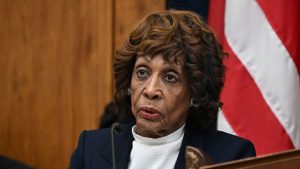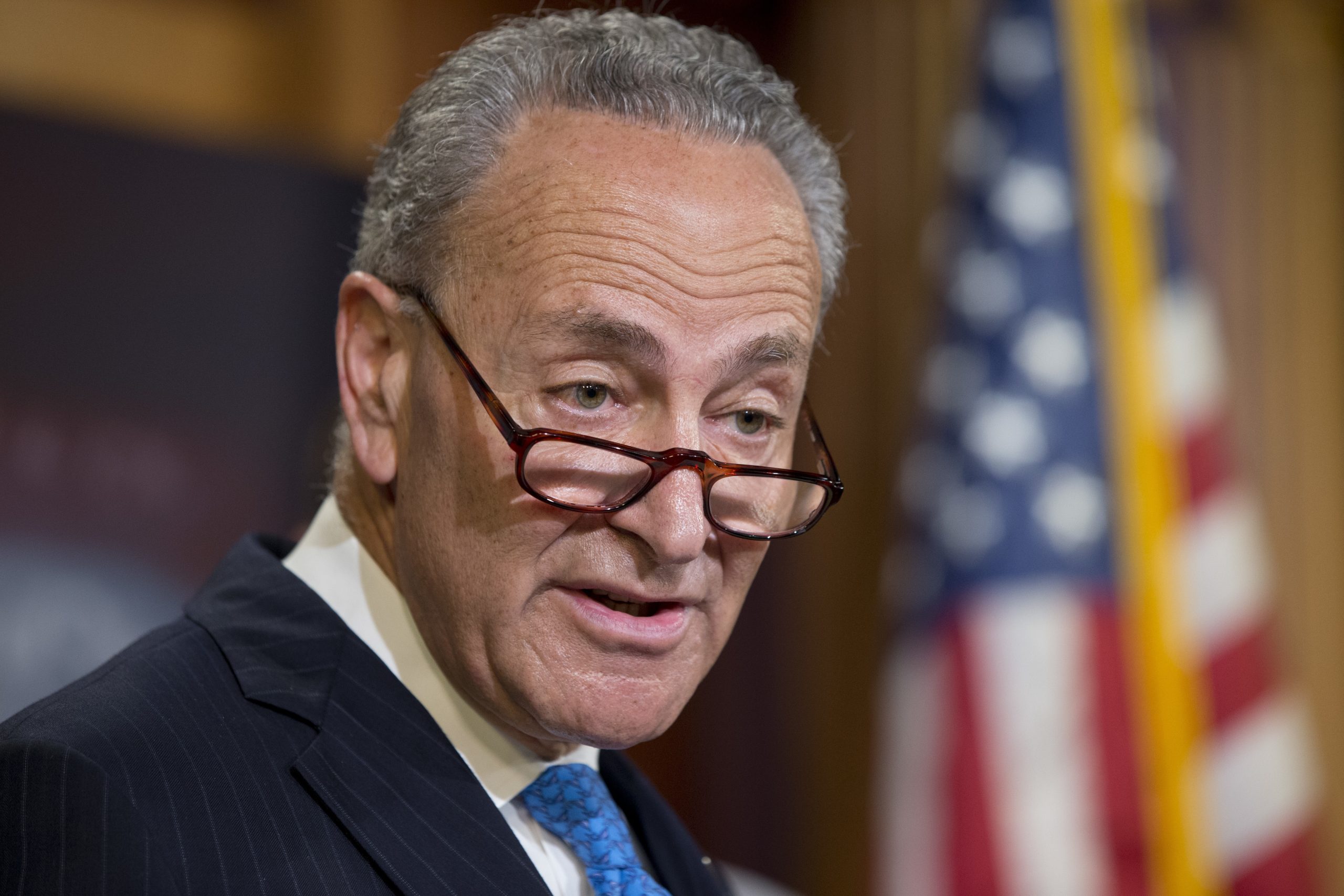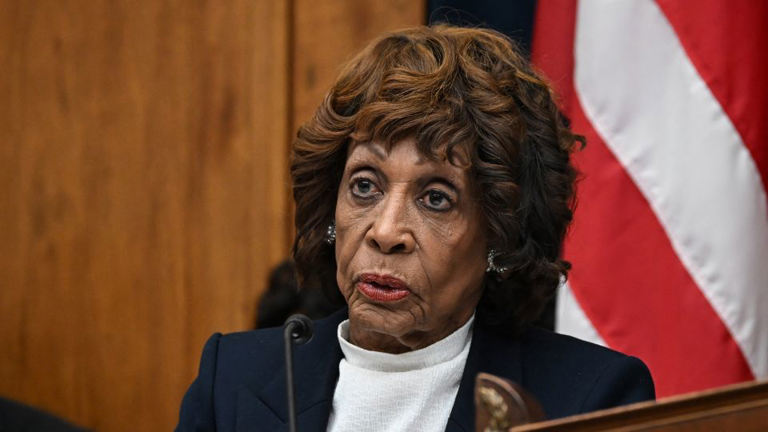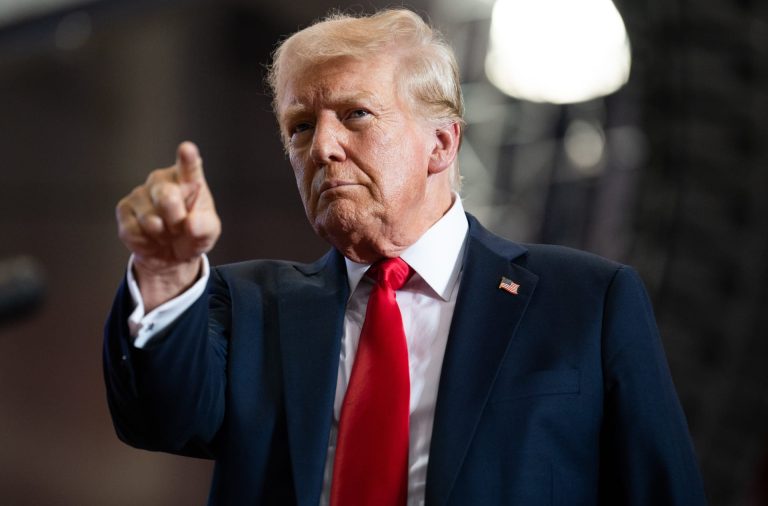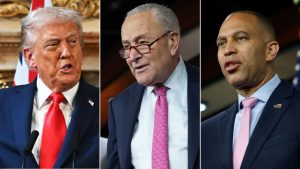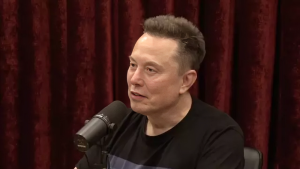WASHINGTON, D.C. — As the government shutdown enters its fourth week, frustration is mounting on Capitol Hill — and this time, the political pressure is squarely on Senate Democrats.
The impasse, which has shuttered large portions of the federal government and left hundreds of thousands of workers without pay, is increasingly being labeled the “Schumer Shutdown” — a phrase that even some within the party are beginning to quietly acknowledge behind closed doors.
After weeks of holding firm, Senate Democrats are now said to be exploring ways to bring the standoff to an end without appearing to capitulate to President Trump’s terms.
Behind the Scenes: Democrats Search for an Exit
According to The Hill, several Democratic senators are reviewing a Republican-backed proposal that would ensure all federal workers — both furloughed and essential personnel — continue to receive pay during the shutdown.
The move, while still under internal discussion, signals that the party’s leadership is aware of growing dissatisfaction among both federal employees and the public.
“They’re under enormous pressure from the federal workers union,” said one Senate aide familiar with the talks. “Morale is collapsing, and voters are starting to associate the shutdown with Democratic leadership rather than the White House.”
At the same time, Democrats are drafting legislation to safeguard funding for key nutrition programs, including the Supplemental Nutrition Assistance Program (SNAP) and the Special Supplemental Nutrition Program for Women, Infants, and Children (WIC) — both of which face funding shortfalls as the shutdown drags on.
Political Optics Turning Against Democrats
In previous shutdown battles, Democrats managed to successfully frame Republicans as the obstructionists. But this time, the narrative appears to be slipping away.
Recent polling suggests that a growing number of voters — including independents — blame Democrats for failing to compromise. Analysts say this shift stems largely from the party’s insistence that any spending resolution must include long-term health care provisions that go beyond basic government funding.
“Democrats have historically been able to leverage public sentiment against shutdowns,” said political analyst Dana Bash. “But this one feels different. The longer it continues, the harder it becomes to defend.”
Health Care Subsidies at the Center of the Fight
At the core of the stalemate is a dispute over Affordable Care Act (ACA) subsidies, which Democrats want extended beyond the end of the year.
Senate Majority Leader Chuck Schumer has maintained that no deal to reopen the government will be reached until President Trump agrees to negotiate on those subsidies, as well as restore cuts to Medicare and Medicaid included in the One Big Beautiful Bill Act earlier this year.
Republicans, led by Senate Minority Leader Mitch McConnell, have rejected those demands, arguing that health care policy should be debated separately from government funding.
“We can’t hold the entire government hostage over unrelated policy differences,” McConnell said this week. “Pass a clean funding bill first — then we’ll talk about subsidies.”
So far, House Republicans have passed a continuing resolution 13 times, each blocked by Senate Democrats.
Economic and Human Impact Deepens
The consequences of the shutdown are becoming more visible by the day.
Roughly 300,000 federal workers are now working without pay, while another 400,000 have been furloughed. Many agencies — including the IRS, the Department of Agriculture, and the National Park Service — are operating at reduced capacity.
Meanwhile, community groups warn that food assistance programs could run dry by early November. If Congress fails to act, millions of low-income families could face benefit disruptions just ahead of the holidays.
“We’re already seeing families skipping meals and lining up at food banks,” said a SNAP program director in Maryland. “Every additional week without funding makes recovery harder.”
Federal workers have also begun staging demonstrations outside government buildings, demanding back pay and an end to the political gridlock.
Mounting Pressure Inside the Democratic Ranks
While Democratic leaders have largely maintained a unified public front, aides describe increasing anxiety within the caucus.
Privately, some moderate senators from swing states have expressed concern that the shutdown is eroding voter trust. Several have reportedly urged Schumer to seek a compromise before the issue dominates the holiday news cycle.
“At this point, everyone’s looking for an off-ramp,” one Democratic strategist told Politico. “No one wants to be blamed for people missing paychecks at Thanksgiving.”
Still, Schumer’s team insists the party remains “committed to protecting working families” and will not agree to any deal that “cuts corners on health care or vital programs.”
Republicans Hold Their Ground
President Trump has so far shown little sign of wavering. In remarks from the Oval Office earlier this week, he framed the impasse as a test of fiscal responsibility and political will.
“We’re not going to give in to threats or shutdown games,” the president said. “The Senate can end this today by passing the same clean bill the House already approved.”
The administration has also highlighted what it calls “contradictions” in the Democratic approach — supporting pay for federal workers while continuing to block funding that would allow them to return to work.
White House Press Secretary Sarah Sanders argued, “Democrats can’t claim to be standing up for workers when their strategy keeps them at home without pay.”
Public Frustration Reaches New Heights
Across the country, frustration is growing. Lines at food pantries have lengthened, small contractors reliant on federal contracts report severe financial strain, and airports are facing longer security delays as unpaid TSA agents call in sick.
Recent data from the Pew Research Center found that 57% of Americans now view the shutdown as a “failure of leadership” by both parties — but notably, 42% blame Democrats specifically, compared to 36% blaming Republicans.
Political observers say that shift could become a pivotal factor if the stalemate continues into November.
A Possible Path Forward
Behind closed doors, several bipartisan senators have begun discussing potential compromises, including a short-term continuing resolution paired with a promise to revisit health care funding later in the session.
Such an approach could allow both sides to claim partial victory — giving Democrats a path to save face while reopening the government before the political cost becomes irreversible.
“At some point, both parties need to remember that real people are getting hurt,” said Sen. Joe Manchin (D-W.Va.), one of several moderates calling for immediate action. “This shouldn’t be about who wins the next headline.”
For now, however, the stalemate continues. With November approaching, pressure is mounting on both parties — but particularly on Schumer’s Democrats — to bring the shutdown to an end before it reshapes the balance of power heading into 2026.

Emily Johnson is a critically acclaimed essayist and novelist known for her thought-provoking works centered on feminism, women’s rights, and modern relationships. Born and raised in Portland, Oregon, Emily grew up with a deep love of books, often spending her afternoons at her local library. She went on to study literature and gender studies at UCLA, where she became deeply involved in activism and began publishing essays in campus journals. Her debut essay collection, Voices Unbound, struck a chord with readers nationwide for its fearless exploration of gender dynamics, identity, and the challenges faced by women in contemporary society. Emily later transitioned into fiction, writing novels that balance compelling storytelling with social commentary. Her protagonists are often strong, multidimensional women navigating love, ambition, and the struggles of everyday life, making her a favorite among readers who crave authentic, relatable narratives. Critics praise her ability to merge personal intimacy with universal themes. Off the page, Emily is an advocate for women in publishing, leading workshops that encourage young female writers to embrace their voices. She lives in Seattle with her partner and two rescue cats, where she continues to write, teach, and inspire a new generation of storytellers.


